According to the Centers for Disease Control and Prevention, almost 200 people have been infected with the dengue virus in the states of New York and New Jersey.
Although the virus is transmitted in tropical and subtropical areas around the globe, a recent rash has brought more than 143 cases to New York while officials attempt to uncover the source.
Dengue Virus
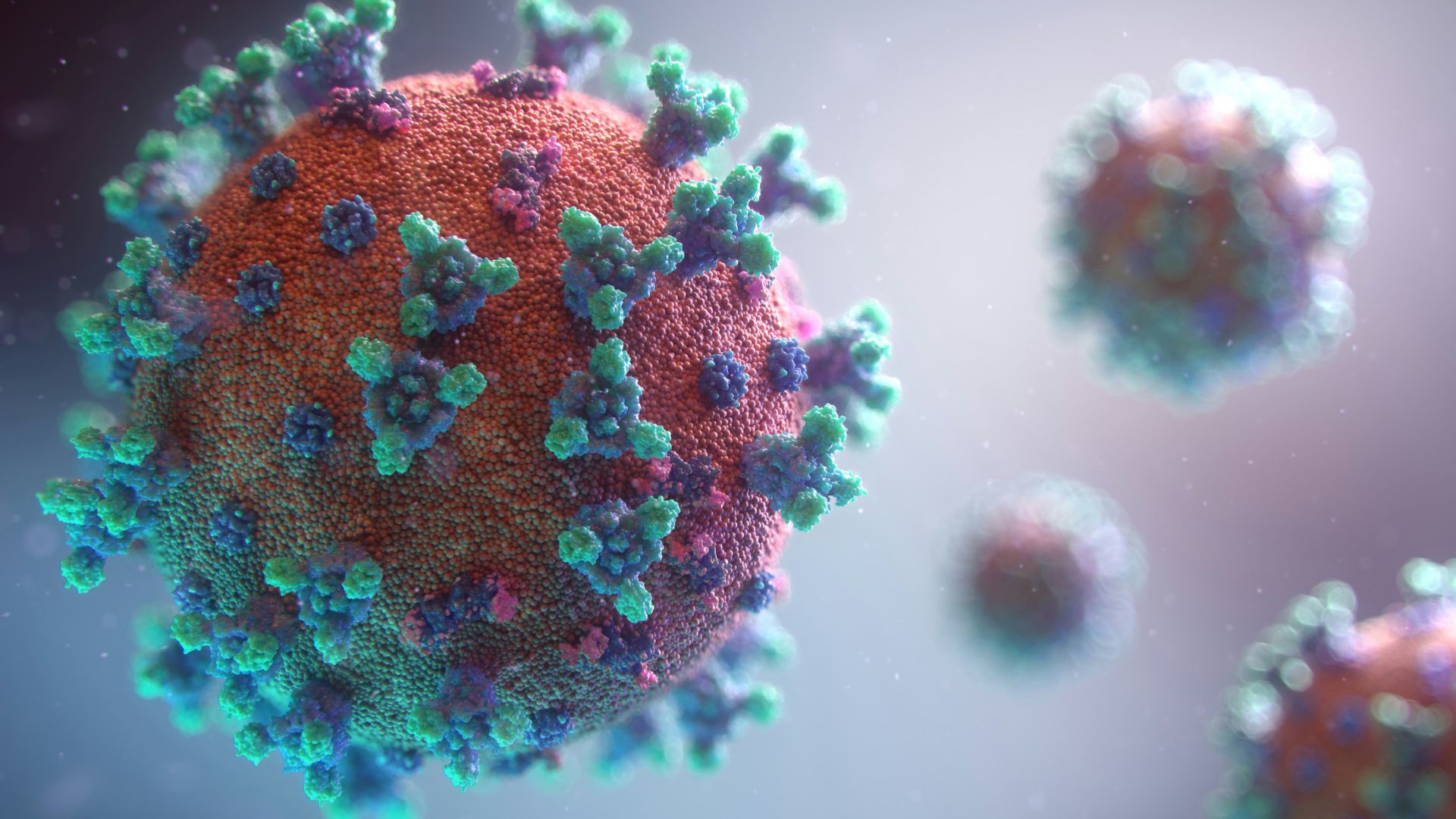
Dengue is also known as break-bone fever, a viral infection that spreads from mosquitos to people.
Most of the cases are present from mosquito bites in tropical regions. Experts recommend staying away from stagnant water during mosquito season to avoid being bitten and contracting the illness.
Symptoms

The World Health Organization (WHO) states that most people have no or very mild symptoms after infection. In rare cases, dengue can lead to severe illness and death.
If symptoms occur, they will present four to seven days after being infected; they include high fever, severe headache, pain behind the eyes, muscle and joint pains, nausea, vomiting, swollen glands, and a rash on the skin.
Infections in the U.S.
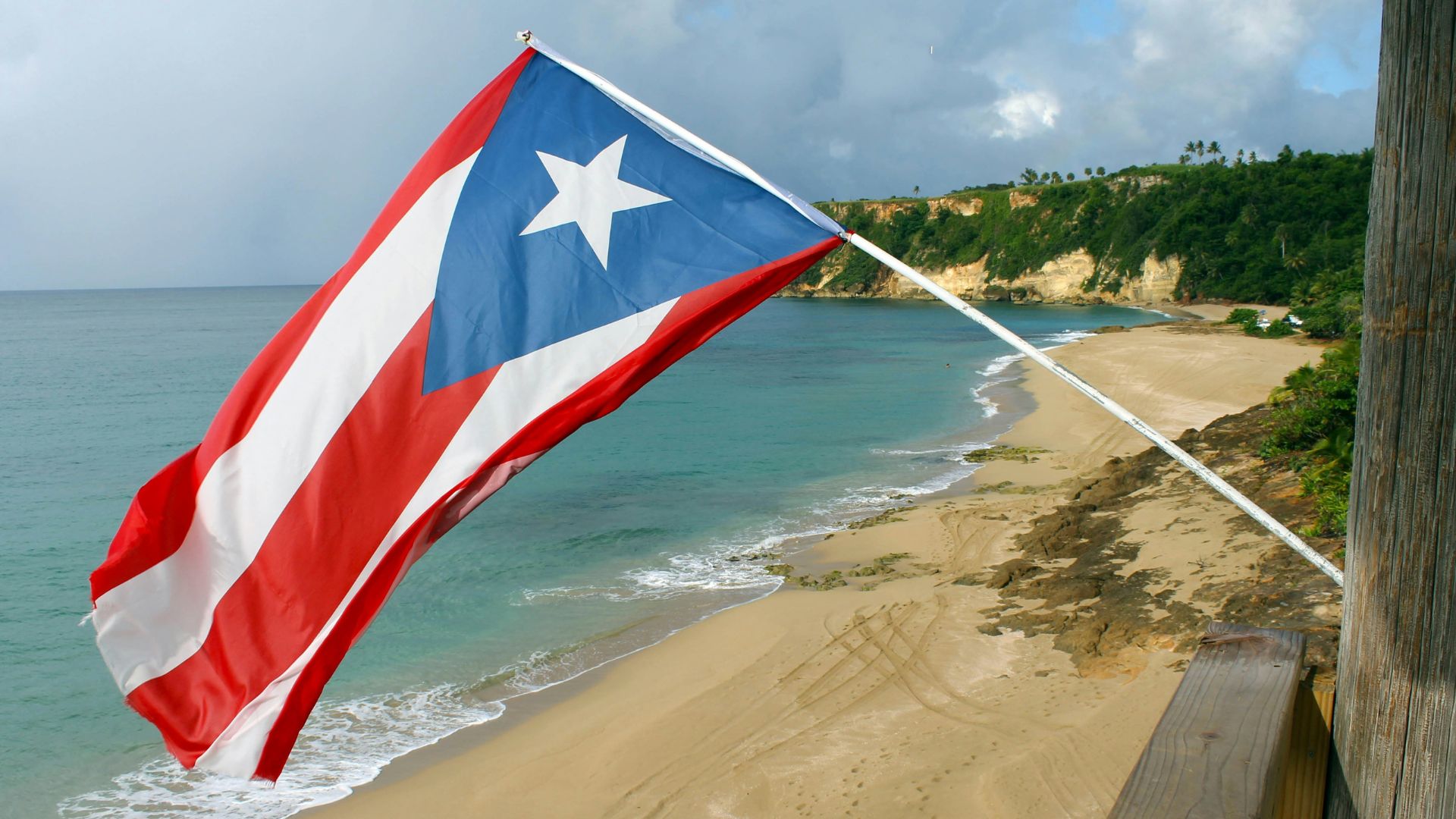
In the first half of this year, more than 2,500 people were infected throughout the United States, which is about five times higher than the same time last year.
Most cases are recorded in Puerto Rico, as the subtropical region deals with several mosquito-related diseases. More than 1,700 cases were reported in the territory before public health officials declared a state of emergency in March.
Cases Are Increasing Globally

Earlier this month, the CDC issued a health alert warning healthcare providers that increased dengue virus infections will walk into hospitals this year.
Currently, 2024 stands to be the highest year on record for the disease.
How Dengue Affects the World
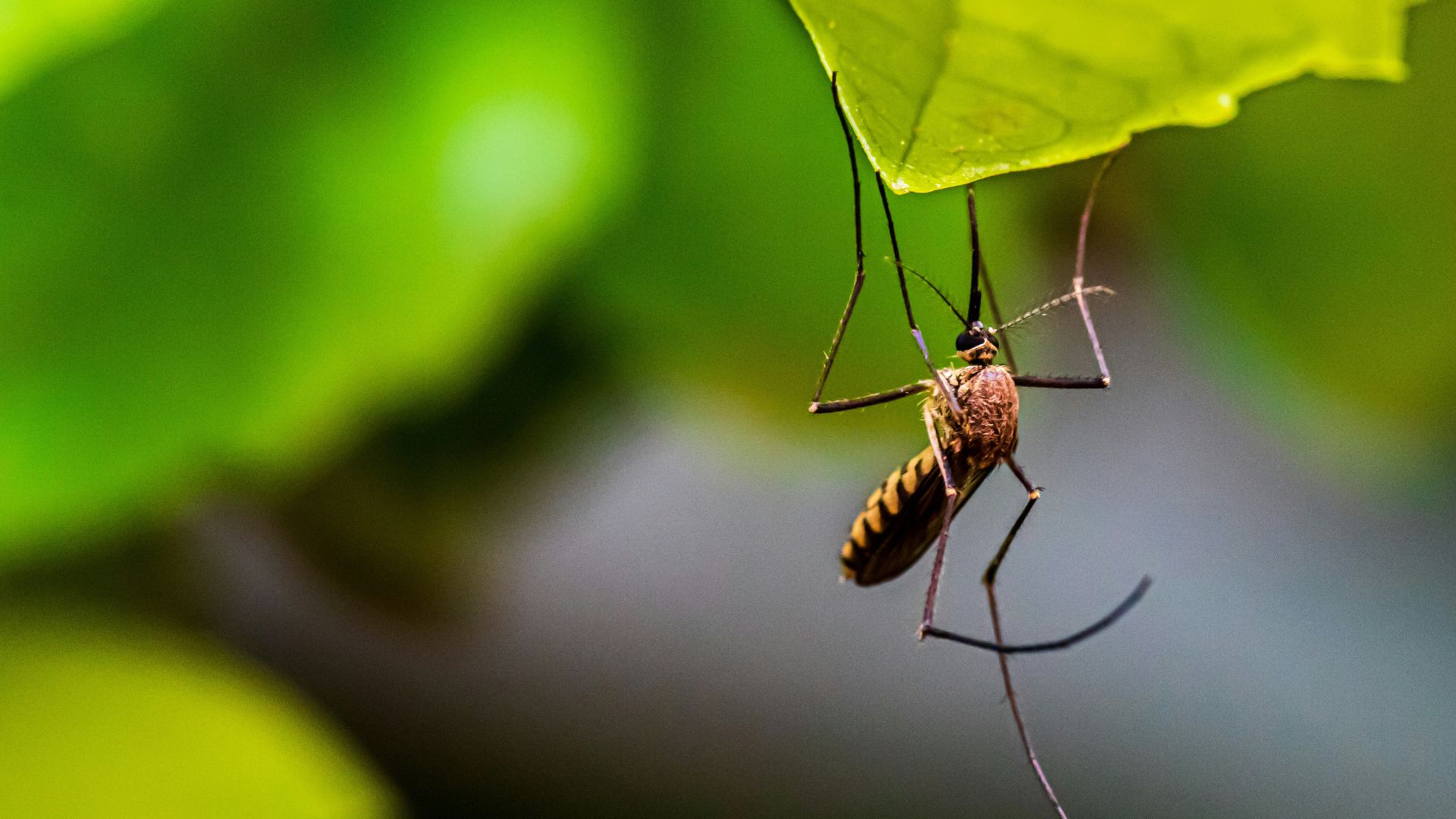
More than 40% of the world’s population lives in dengue-endemic areas.
Each year, roughly 400 million people become infected with the virus. On average, 21,000 people die from the illness every year.
Vaccines for Dengue
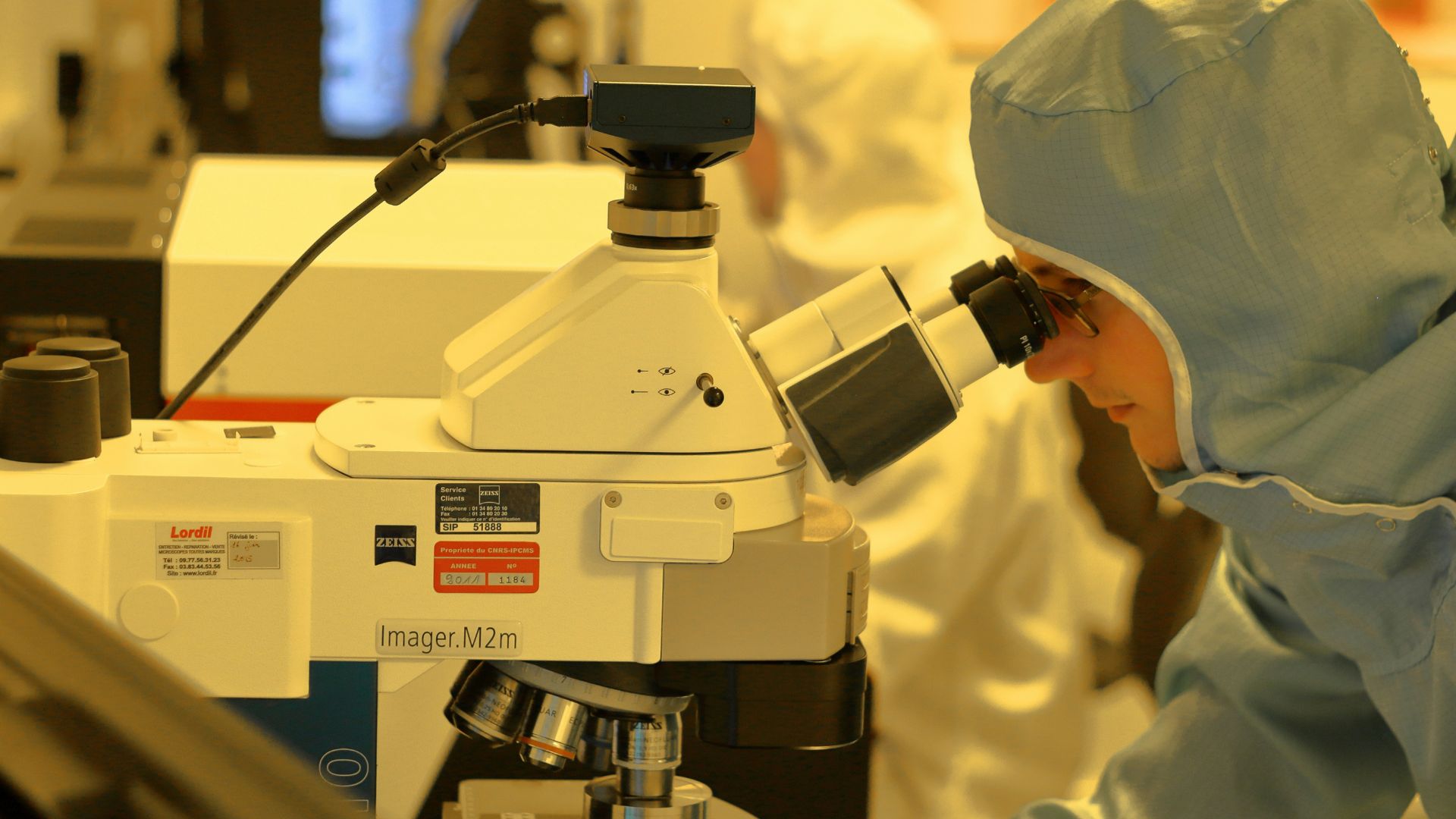
With the high number of people affected by the illness every year, it would be assumed that a working vaccine is available, which is only half true.
There are currently two patented vaccines for the dengue virus. However, they are not widely administered yet in the parts of the world where they are most needed. As well, the vaccines are not approved in most western countries and are not recommended for travelers the same way that a malaria vaccine is.
Success With the Malaria Vaccine

The devastating effects of malaria have been felt throughout the global south, with some countries in Africa experiencing as much as 600,000 deaths annually.
Some studies have shown that using mosquito nets, taking the vaccine, and ingesting malaria tablets improves protection by more than 90%.
Who Contracts Dengue?
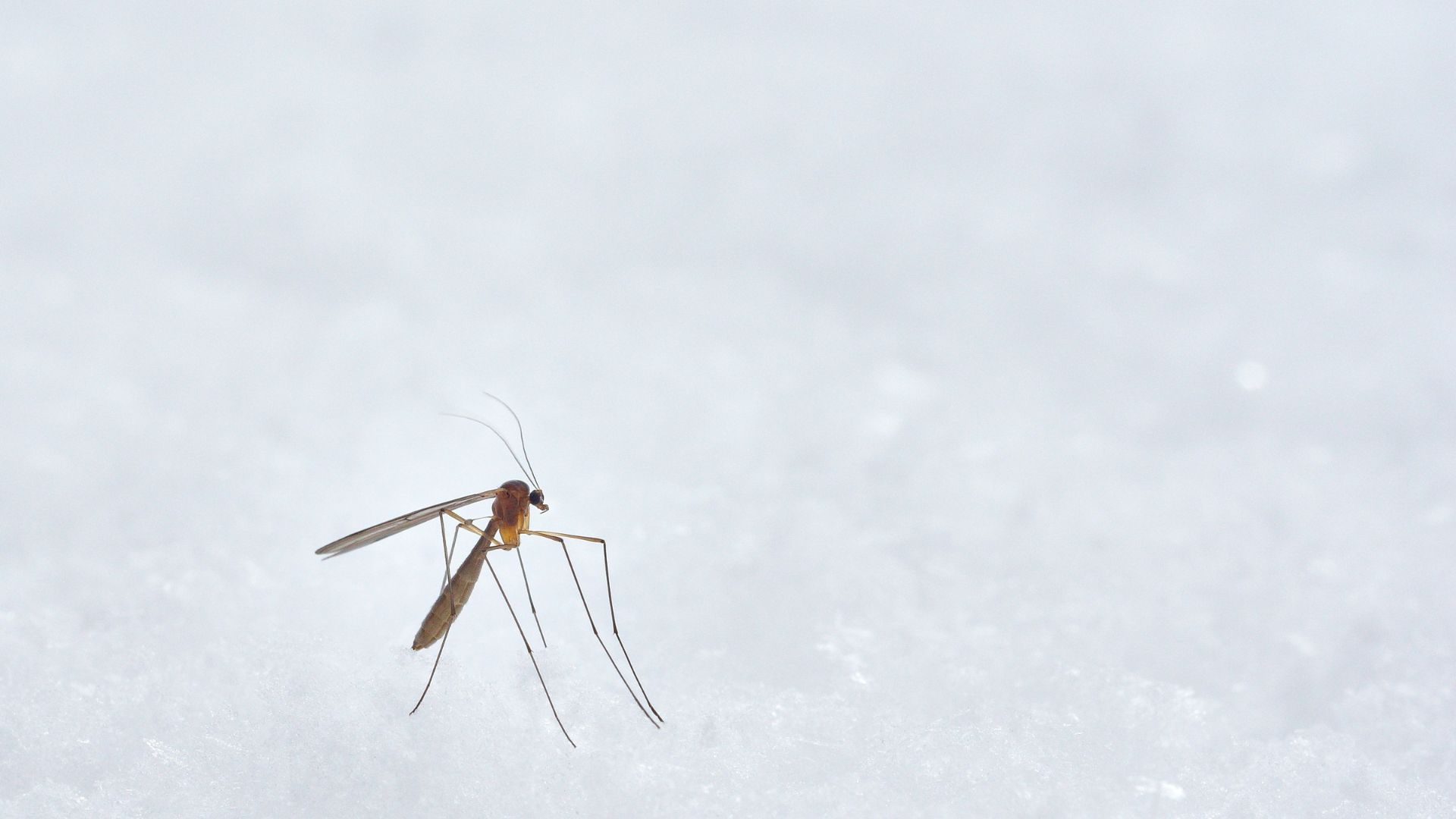
Any person bitten by a mosquito can contract the dengue illness. However, some genetic and age related factors can impact how severely the symptoms are felt.
The recent increase of cases in the United States has specialists concerned about how far infected mosquitos are traveling during the warmer summer months.
What Is the Treatment?
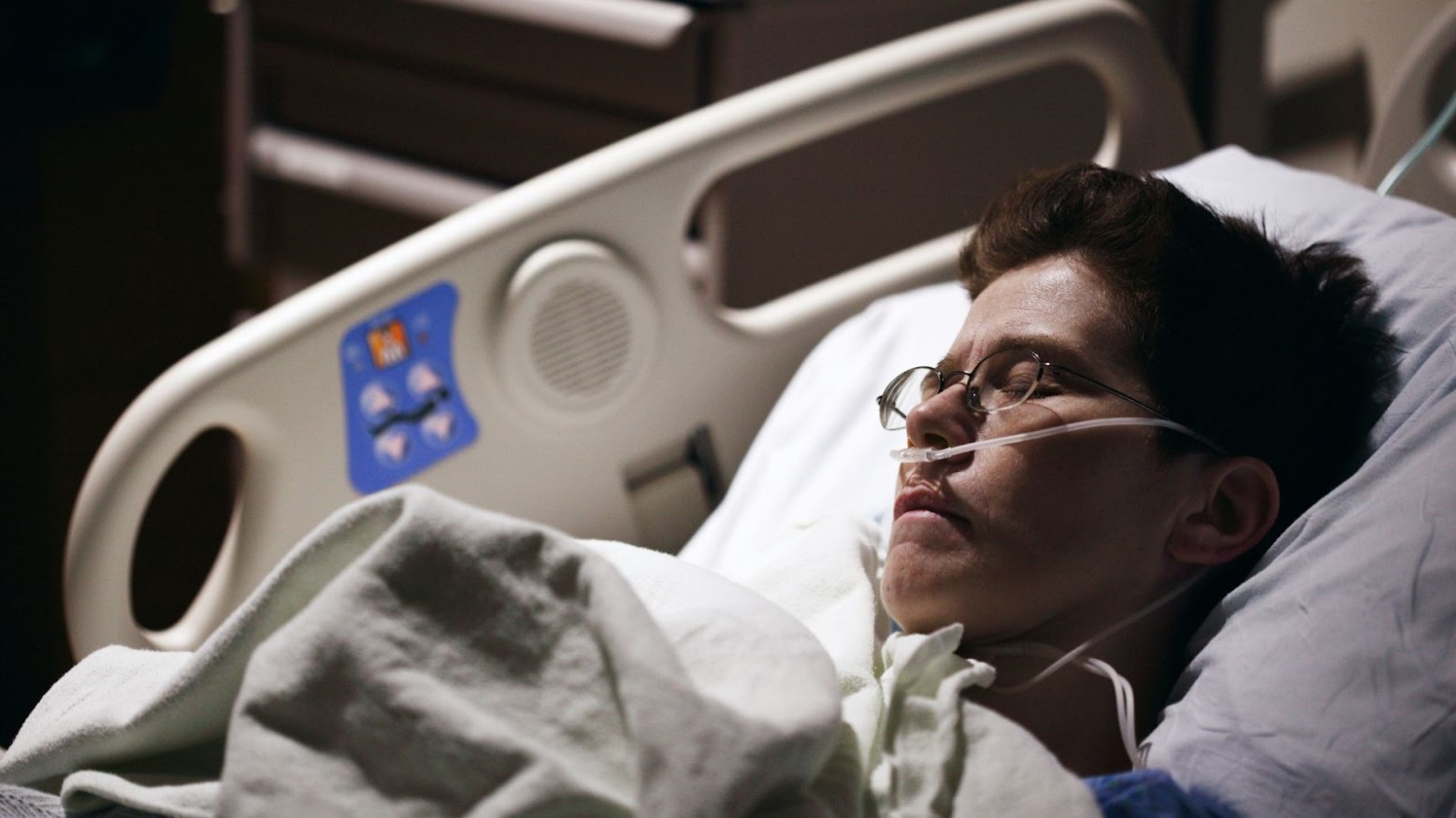
There are currently no specific treatments for dengue available on the market.
Usually, a person experiencing severe symptoms can expect to be treated with intravenous fluids and oxygen therapy while being closely monitored by healthcare professionals.
Does Past Infection Cause Immunity?
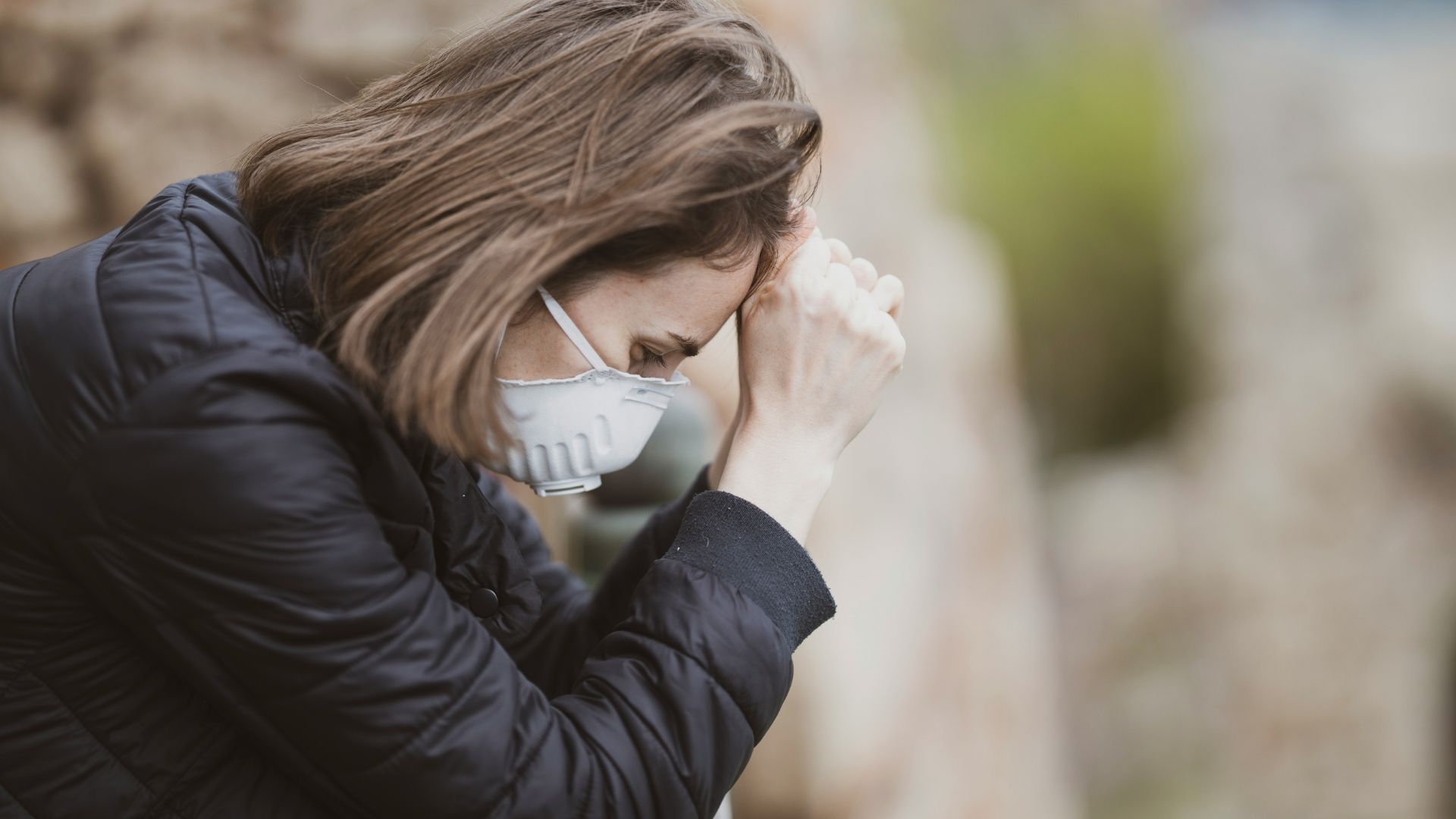
Infections with one of the four strains of the virus can produce immunity to the same strain.
However, the other three strains will not be protected against. Currently, more research is needed to create a virus and create herd immunity for the disease.
How to Prevent the Spread
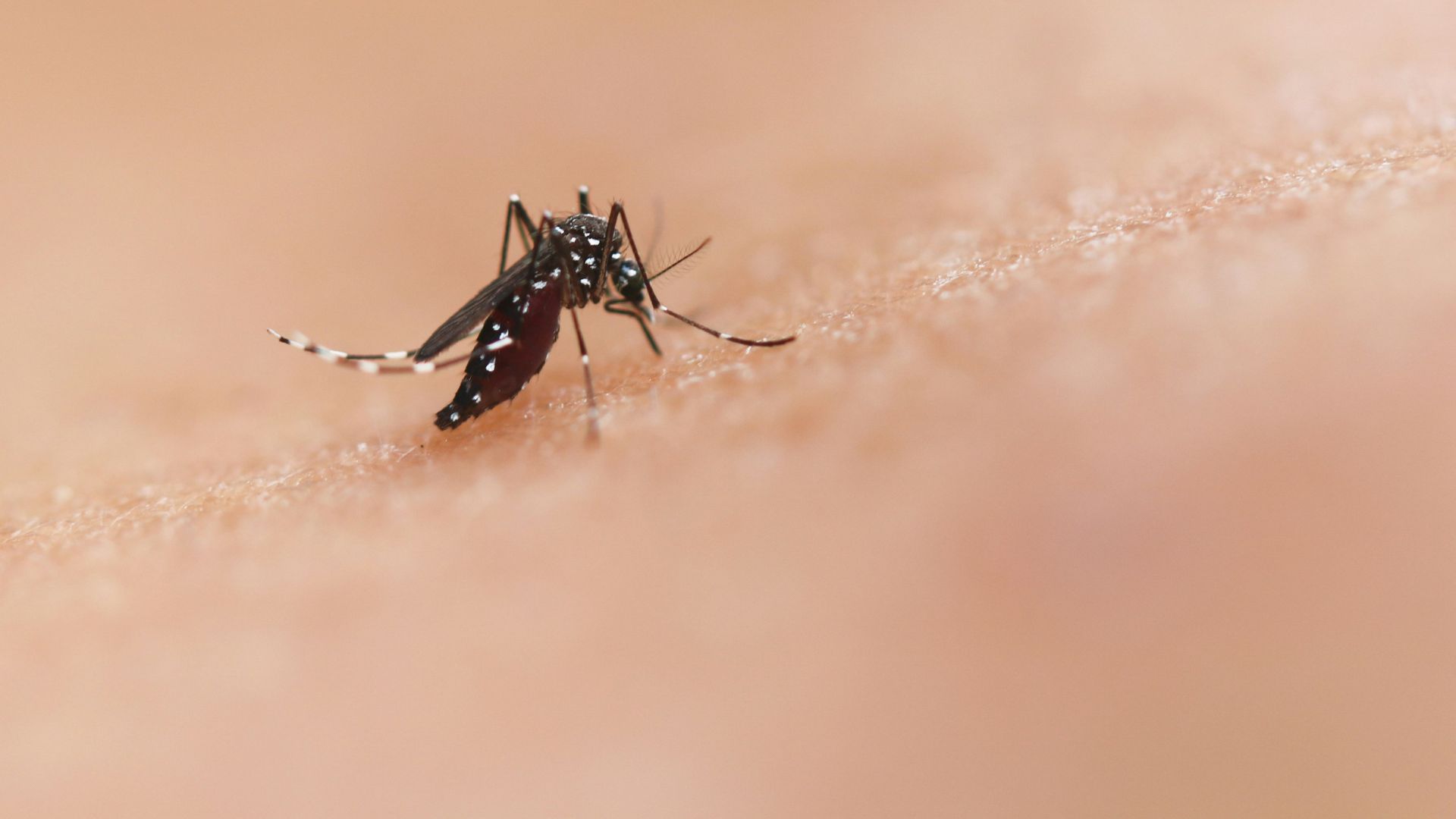
Since more cases have been reported in New York and New Jersey, the CDC has implemented a travel advisory for anyone visiting highly infected areas.
The most effective measure to reduce exposure is to avoid mosquito bites. Stay away from standing water and wear long sleeves and pants at night or in the wilderness.








































